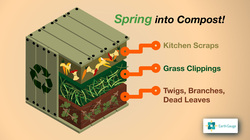 What you should know and what Mack Landscape Management LLC. can do for you! For clarities sake, mulch is any material spread evenly over the surface of the soil to enhance the growth in plants and the appearance of the landscape. Mulch applies to any type of spread top layer including the generic brown, black, or red wood mulch, leafy compost, or waste compost. This loose definition also illuminates the other applications and more benign benefits of using a generic leaf and wood mulch, or complex and chemically active compost mulch. Mulching can control undesirable weed growth, improve soil tilth (or soil quality,) and remedy erosion, runoff, and storm water flooding. Soil is the bedrock to a healthy and beautiful landscape. I may seem like a broken record but it is absolutely critical to maintain a good soil structure and tilth to nurture plants, control weeds, curb erosion, slow leaching of nutrients, and control temperatures for plant roots. Above is a chart of the ideal soil composition as well as the soil triangle illustrating what three parts make up any one soil. Sandy soils allow quick root growth while usually droughty and nutrient poor otherwise known as leaching. Clayey soils are prone to compaction making rooting difficult. The finer particles make it more difficult for air and water to penetrate the soils. Loam soils, consisting of all three, sand, clay, and silt, are the most balanced and cultivatable of all soils. This is the end goal; to reach a balance between a sturdy yet aerated soil that retains beneficial nutrients and allows slow percolation of water through its many layers. The Benefits: 1. Mulches generally contain higher amounts of Phosphorous, Potassium, and Nitrogen than inorganic fertilizers. Natural mulches introduce these slowly providing a much steadier and longer treatment for plants than one large flush, which can ultimately harm plants and waterways. Mulches also contain micronutrients that are crucial for healthy plants, shrubs, and trees that are not found in the store bought N-P-K fertilizers. 2. Soil structure is crucial for healthy plant growth. Mulching with organic material can increase the water holding capacity of sandy soils while slowing the leaching of nutrients from the soil to the water supply. Loosening and lightening the platy structure to allow air and nutrients to penetrate its thick skin benefit clayey soils. In turn this lessons runoff by allowing soils to absorb a majority of storm water and curb erosion from fast moving rain streams. 3. Water conservation is crucial during the summer when landscapes have to be irrigated more and more due to higher temperatures and longer sun exposure. Just two inches of mulch in the summer can reduce water loss by 20%! 4. Maintaining a cool soil temperature in the summer and insulating the soils in the winter is crucial to roots and water evaporation control. Two inches of mulch atop of the four inches of soil can reduce the temperature by 10 degrees in summer, and increase temp by 10-15 degrees in winter. 5. Mulching also curbs unwanted plant growth by up to 90%! Annual weeds can be nearly eliminated completely by proper mulch spreading. 6. Microorganisms and worms, although unsettling to some, are nature’s little recyclers. These microscopic organisms increase air and water holding capacity and ultimately make your soil more fertile for your landscape. They can also physically attach to tree root systems to mutually benefit the plant and organism. 7. The right mulch has been proven to help with erosion. Spraying slopes and basins that see high velocity water flow can slow soil erosion and is readily used in Europe and Canada instead of artificial netting or sandbagging. 8. Finally, mulches and composts have been proven to reverse polluted soils because of the increased microorganism activity. Petroleum and heavy metals found in new construction sites are chemical compounds that cannot be broken down and flushed out without a soil rich with life. Mack Landscape Management LLC is ready to help! Many of our customers in the greater Philadelphia area suffer from clayey soils, live beside streams, or have severe storm water management problems. Besides the services we have always offered to our clients, being drainage system installation, soil amendments, and fertilizing, we are expanding to caring for the “Bedrock” of your landscape. Soil. MLM is now offering soil pH and tilth testing, soil aeration to improve air and water intake in clayey soils, introduction of microorganisms to amend your existing soils, and will be happy to educate you on how to best make your very own compost that we can manage and apply in spring during our mulching season. Many of our customers take pride that their property is a micro-ecosystem that generates waste that is reintroduced as a natural mulch to improve every aspect of the garden or landscape. You may be was well! Give Mack Landscape Management LLC a call to schedule a consultation for your zero-input yard! 610.755.8949 or email us at [email protected] -J. DeLone Below I have provided a number of articles that go more in depth on the discussion. Please feel free to peruse any and all outlets yourself!
1 Comment
|
Archives
June 2016
Categories
All
|
||||||||||||||||||||||||||||||||||||||||||||||||||||||||||||
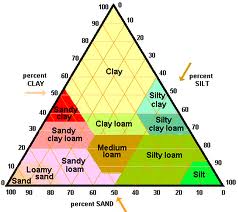
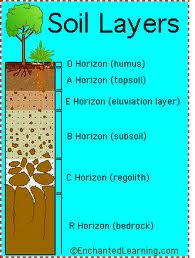
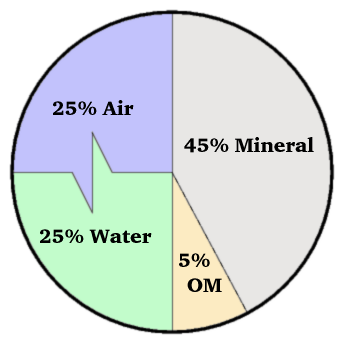
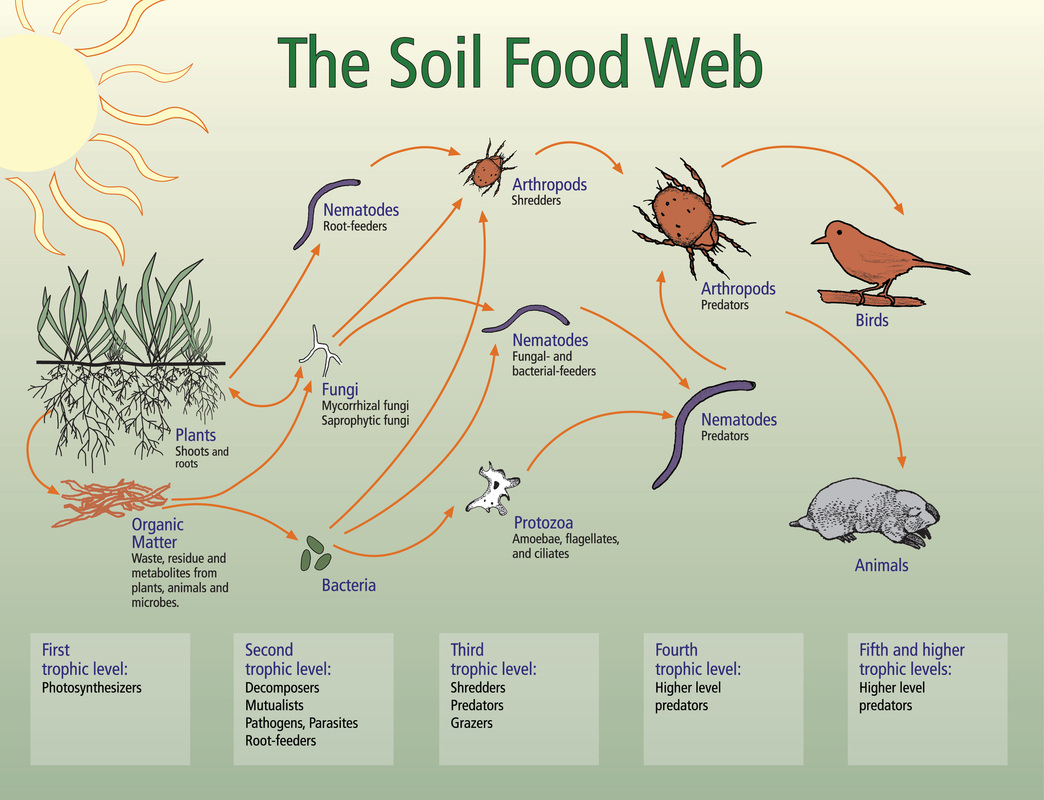
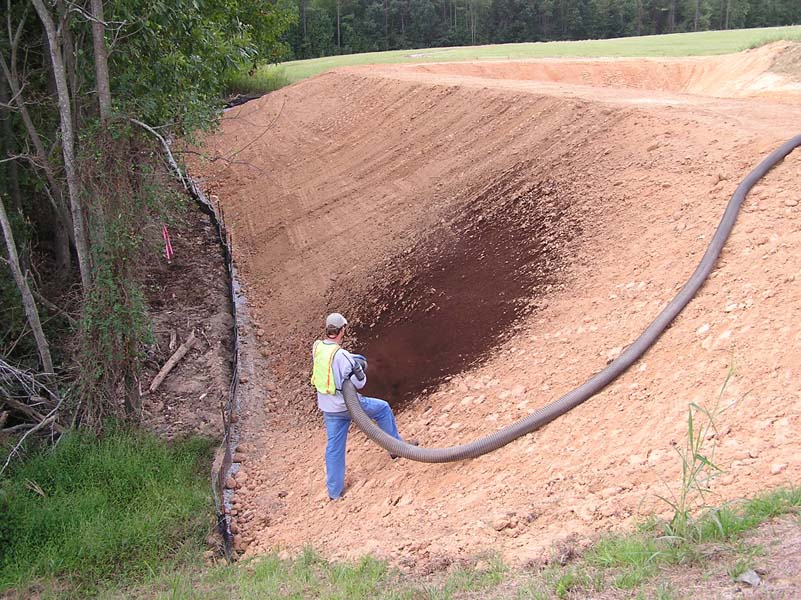
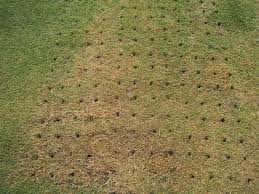
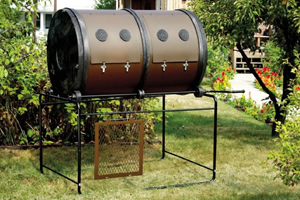
 RSS Feed
RSS Feed
